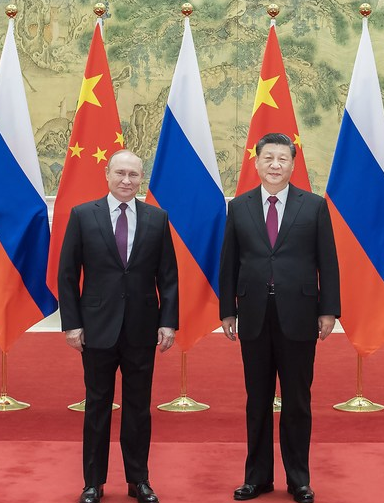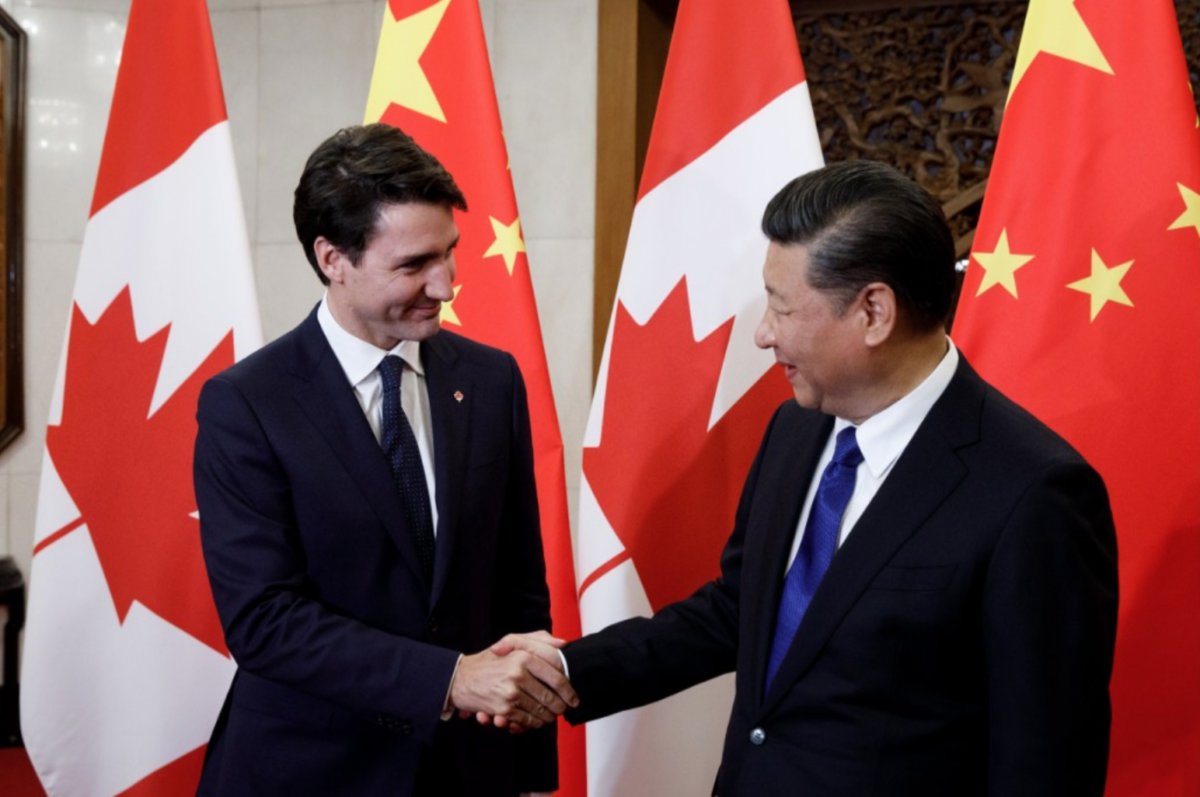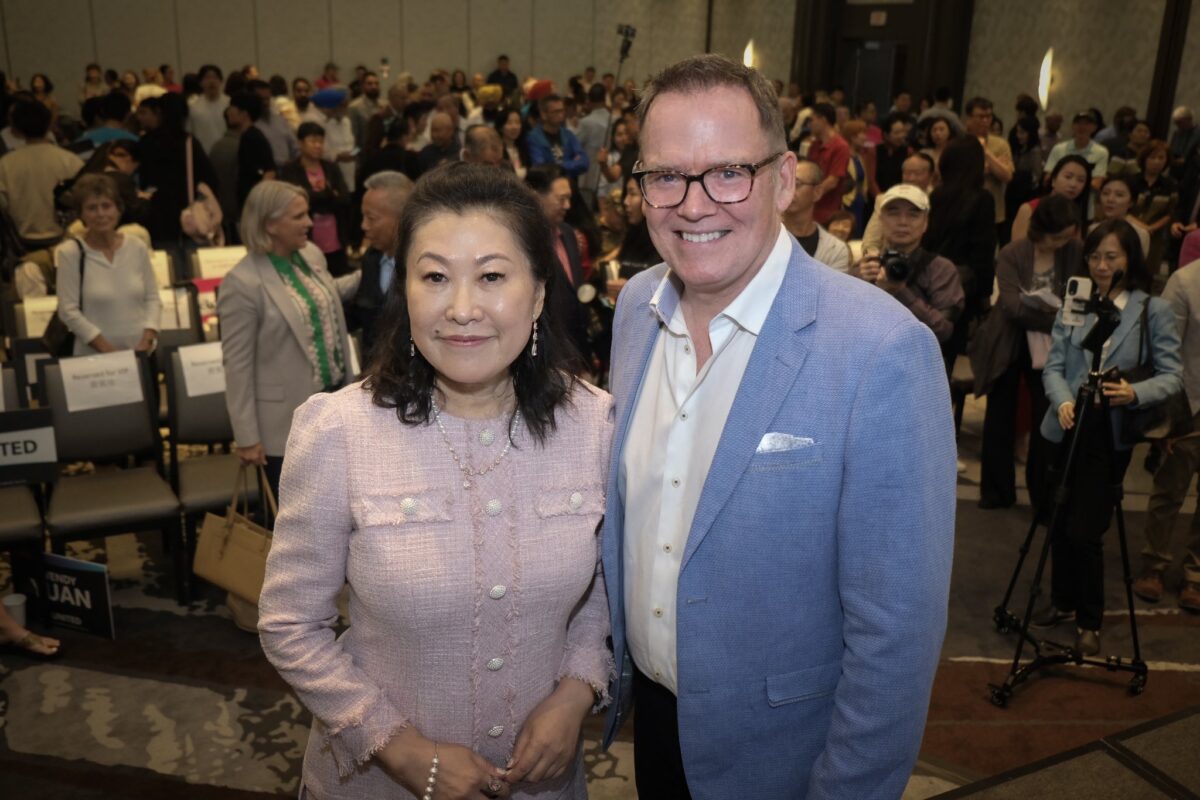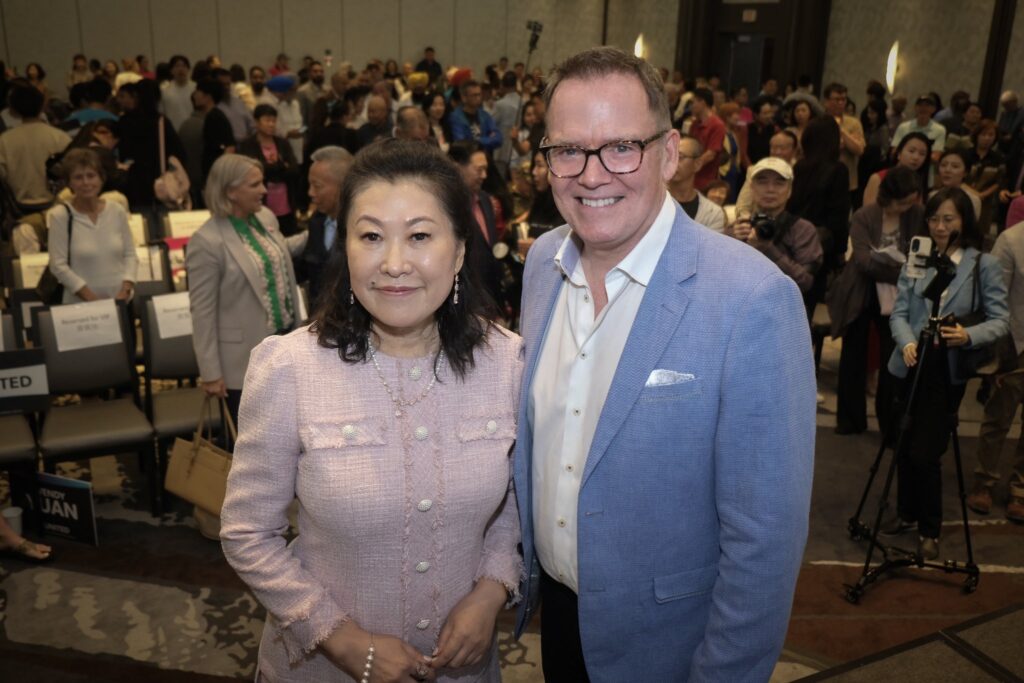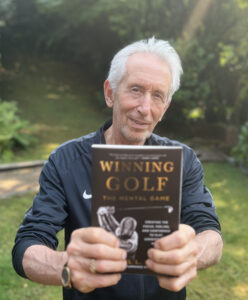ABC Park Board opts to keep Jericho Beach Park Pier on “life support”

Jericho Pier (Bob Mackin)
Bob Mackin
The ABC Vancouver majority Park Board voted 5-1 Sept. 11 to jettison the staff recommendation to demolish the Jericho Beach Park Pier and keep it on “life support” with repairs.
The badly damaged, 1977-built pier has been closed since a double whammy of November 2021 and January 2022 windstorms, the latter coupled with a king tide. Staff recommended spending as much as $3.6 million on demolition rather than up to $25 million on replacement.
Comm. Angela Haer successfully proposed a compromise, to direct staff to proceed with a like-for-like repair. The price tag is estimated at $1.7 million, mostly funded from an insurance payout.
“I think everybody would love to have a renewed pier at higher elevation, but that price tag is just too high to happen right now,” said chair Laura Christensen. “As staff noted, the current pier is on life support, and I think this motion is to keep it on life support, and to continue with being on life support, because we’ve heard from the public that this is important to them.”
Mike Cotter, the general manager of the Jericho Sailing Centre, earlier spoke in favour of the staff recommendation, urging the board to explore a long-term plan to replace the pier. He said it is not only vital to mariners, but also important for the Canadian Coast Guard, Vancouver Police and B.C. Ambulance Service.
Cotter said that Vancouver’s primary marine access park will be under immense pressure due to environmental factors and increased population due to development of the Jericho Lands. A SkyTrain station is proposed on the high density development at the MST Development project, which would bring more people to the area.
“We hope that when the Vancouver Board of Parks and Recreation embarks on a joint comprehensive planning study for the Jericho Beach Park with local First Nations, a new pier is included in the new park plan,” Cotter said.
Green Party Comm. Tom Digby called it a “catastrophically bad amendment” for ignoring environmental concerns and First Nations history and referenced the staff report, which called the pier a symbol of colonization.
“You’re sending just a huge bill going forward and you’re not acknowledging that the sea level is changing, and that the climate is changing, and that this is a relic of a time when the temperature was 1.5 degrees colder than it is now,” Digby said.
In 2017, the then-NPA majority approved a $16 million replacement plan. Commissioners from left-of-centre parties took control of Park Board in the 2018 election, fundraising fell flat and then the pandemic came in 2020.
By comparison, the White Rock community rallied after a December 2018 windstorm cut its pier in half, raised $4 million for repairs and reopened it less than a year later.
Support theBreaker.news for as low as $2 a month on Patreon. Find out how. Click here.
[caption id="attachment_13550" align="alignright" width="1024"] Jericho Pier (Bob










